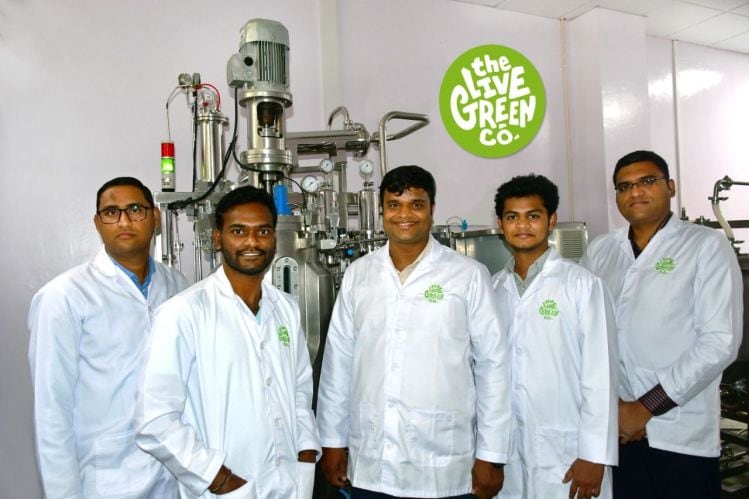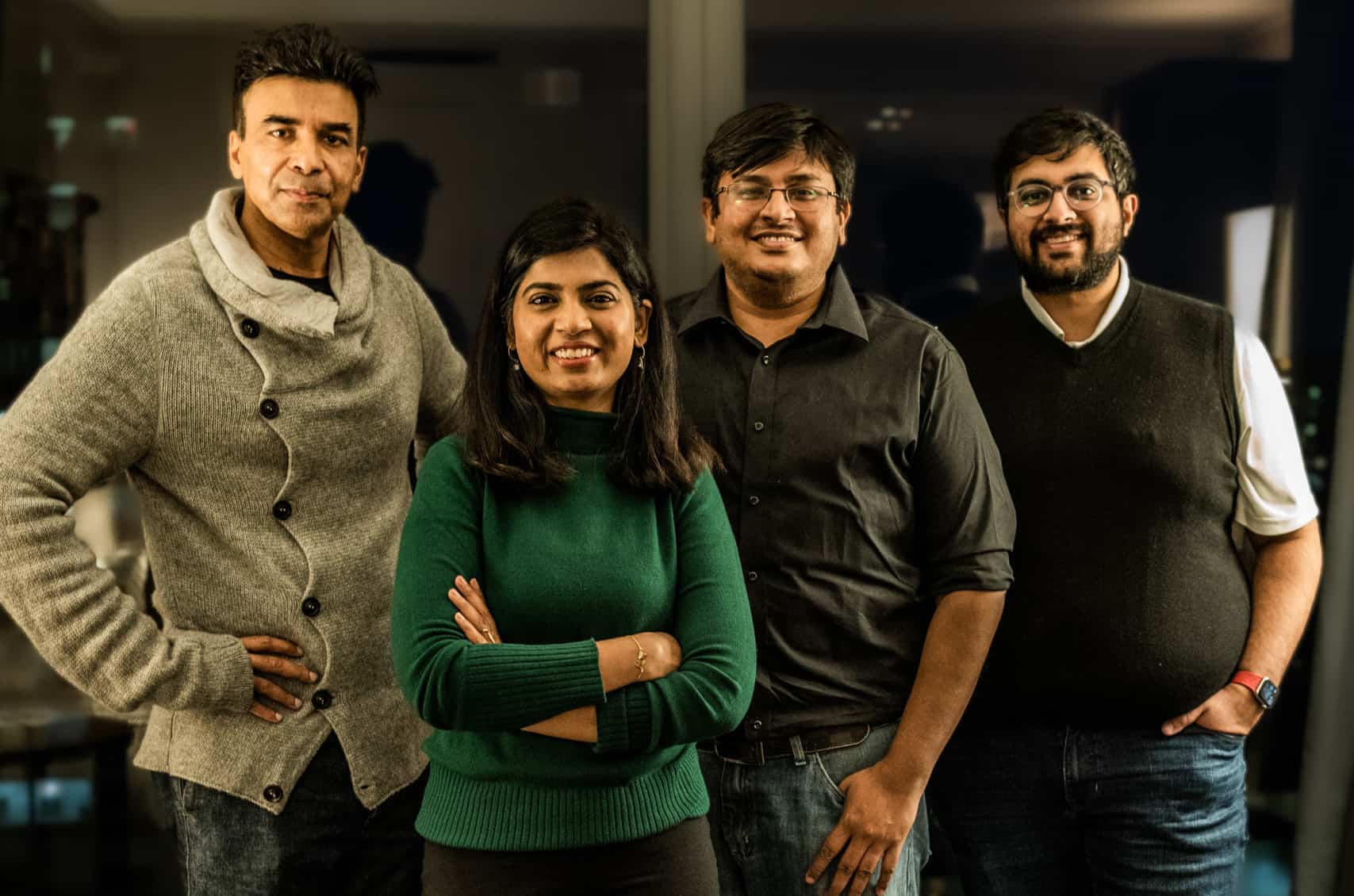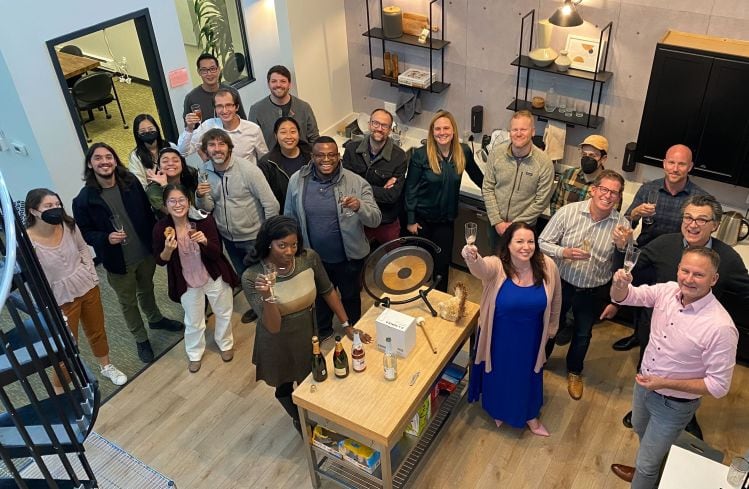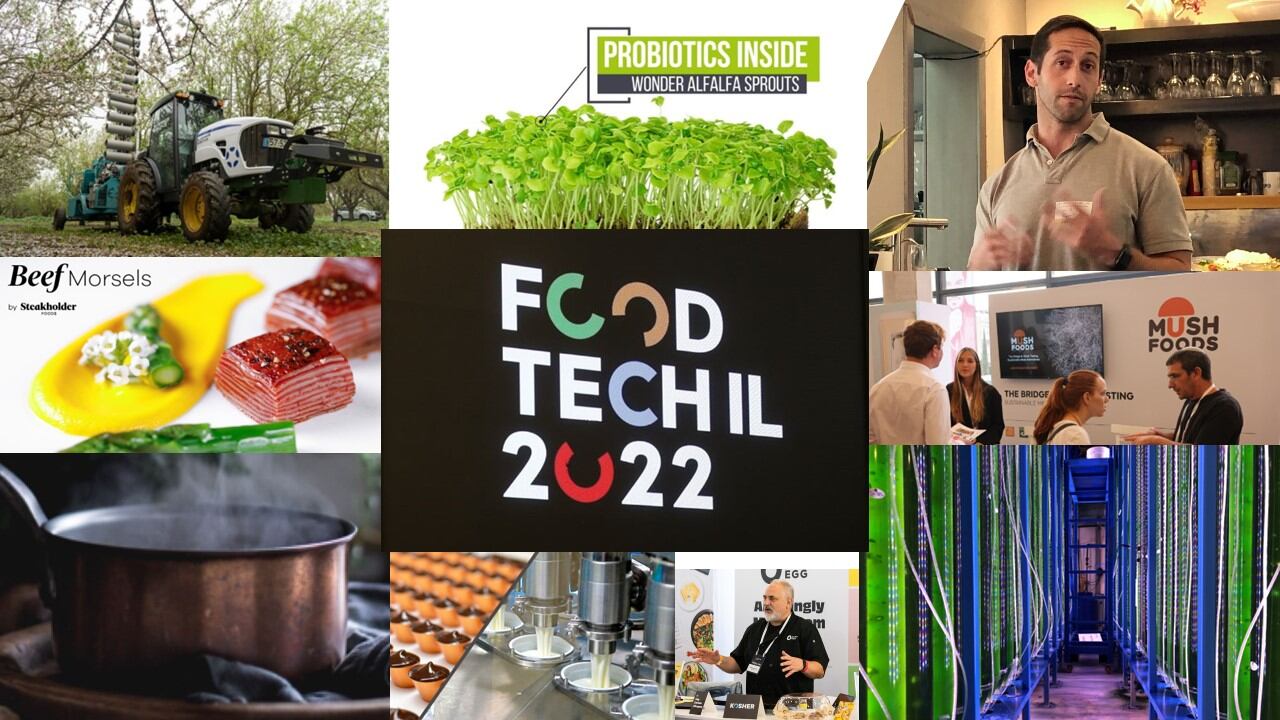Founded in 2018 by Sasikanth Chemalamudi (COO) and Priyanka Srinivas (CEO), Boston-based The Live Green Co – backed by DRADS Capital (which led a $7m pre-series A round in Jan 2022) - has operations in the US, Chile, India, and Singapore, and is building its precision fermentation capabilities in India at its R&D hub.
The project was initiated by researcher Archana Nagarajan and is now led by Dr. Kavish Kumar Jain, a former principal scientist at Perfect Day with experience working with multiple microbial hosts in submerged and solid-state fermentation.
‘There’s a huge need to tailor the machinery of other fungi…’
The new division is working closely with the International Center for Genetic Engineering and Biotech (ICGEB) and is exploring a range of ingredients including - but not limited to - proteins, Chemalamudi told FoodNavigator-USA.
“We have about 100 liters of fermentation capacity, but we also have partnerships with ICGEB and a few CROs [Contract Research Organizations] that can take us up about 300 liters, and by then we would need to scale the facilities for commercial production, which is why we are working in partnerships with established companies who can take this to the next level.”
Unlike Perfect Day, which uses precision fermentation to make animal proteins such as whey without cows, The Live Green Co will initially work with Charaka to identify plant components with specific target properties, and then express them in engineered microbes so that CPG partners can make ‘plant-only’ products, he said.
“There are several reasons we got into precision fermentation," said Chemalamudi . "One is that there are almost 450,000 plants in nature, but modern science has only explored 1-2% of them, and most of the recommendations our AI ML platform [Charaka] gives are not readily available in a commercial form, so precision fermentation helps us synthesize them in a scalable way.”
"The entire food industry currently relies on a single fungal host, Trichoderma [Perfect Day, for example, uses Trichoderma Reesei as its production organism for the whey protein beta lactoglobulin]. And there’s a huge need to tailor the machinery of other fungi as per the food industry’s requirements to produce the ingredients of interest in higher amounts much faster, with fewer resources and in a more sustainable way.” Dr. Kavish Kumar Jain, precision fermentation lead, The Live Green Co
Methylcellulose replacement
Take methylcellulose, he said, a highly functional ingredient that many firms are seeking to replace, which is created from cellulose (a natural substance found in plant cells) through heating with a caustic (alkali) solution and treatment with methyl chloride.
Using commercially-available plant-based ingredients, said Chemalamudi, “I would say we are about 70% there [in finding label-friendly plant-based alternatives] in the sense that we are getting the right gelation properties, but we are yet to get the springiness or bounciness we want.
“And it’s areas like this where we see precision fermentation can help, because when you use natural ingredients in their natural state, you often have to use a lot of that ingredient to get a desired property, but with precision fermentation, you can just focus on [identifying individual plant components such as proteins with] the desired property and then produce them at scale.”
Tech enabler for the wider food industry
While Santiago-based NotCo uses its AI platform ‘Giuseppe’ to help it reverse engineer meat and dairy products and build them back with plants to make NotCo* branded products; Live Green is working with CPG companies in multiple food and beverage categories looking to clean up labels, not just meat and dairy analogs, explained Chemalamudi .
“From day one, our model has been to collaborate with the industry – ingredients companies, food manufacturers and retailers - because we want to create large scale change, and we don't see that being possible by focusing on developing a CPG brand, although we have launched a few [Live Green branded] products in Chile in order to validate the technology.”

Partnerships with major food companies
As part of its bid to be an ‘enabler’ to the wider food industry, Live Green licenses product formulations developed by Charaka and offers plant-only products for white-labeling, product premixes and ingredients to CPG companies looking to replace animal-based ingredients including milk and eggs, and additives such as gums, stabilizers, emulsifiers, anti-freezing and anti-caking agents, and binders.
“But there are also cases in which we work with clients in a way where they can co-own the IP," said Chemalamudi.
“We have identified 150 additives commonly used in food and beverages in 30 different product categories across 25 geographies that consumers buy on a fairly regular basis, but our pipeline is guided by what our partners are looking for.
“We’ve already built partnerships with companies including [beverage industry giant] Asahi, so we’re working on a number of projects with them using Charaka and precision fermentation. We’re also working with [Malaysian pharma co] Duopharma and [Mexico-based food conglomerate] Sigma Alimentos.”
Methylcellulose, bicarbonate of soda, MSG, BHA, BHT…
Right now, for example, there’s interest in replacing everything from methylcellulose, bicarbonate of soda, and MSG to BHA and BHT, he said, noting that in many cases there is not one ‘drop-in’ plant-based replacement, but a blend of plant-based components that Charaka has identified based on their functionalities and properties in combination.
“Charaka helps us identify the key base formulation or a base set of ingredients really fast.”
In some cases, he said, it’s less about high-tech molecular analysis than taxonomy. “So we know that Neem (Azadirachta indica) is recognized in India as a medicinal plant for its antibacterial properties and could identify that Melia [a medicinal plant that grows in Chile, where The Live Green Co has a base], has similar properties and can be used as a replacement.”
The focus in 2023 is “execution,” he said. “We already have a bunch of commercial agreements with really established companies across the globe, and we should start providing the proof of the concepts to them in the first quarter of 2023 and go on to work with them on figuring out how to scale.”
* Santiago-based NotCo has recently expanded its remit, building out a b2b platform enabling third parties to benefits from its proprietary artificial intelligence (AI) platform ‘Giuseppe.’ NotCo, which recently formed a JV with Kraft Heinz to develop a range of co-branded products (starting with ‘NotCheese’) said its aim is to enable “other CPG brands, ingredient suppliers and technology providers to leverage Giuseppe for their own innovation purposes and exponentially accelerate the transformation of the plant-based industry.”
Interested in biomass and precision fermentation?
The 3rd Fermentation-Enabled Alternative Proteins Summit will return to San Francisco January 31-Feb 2 to explore the challenges around scaling-up fermentation-enabled production platforms to commercialize clean-label, animal-free, and regulatory-approved alternative meat, dairy, eggs, seafood and functional protein ingredients.




